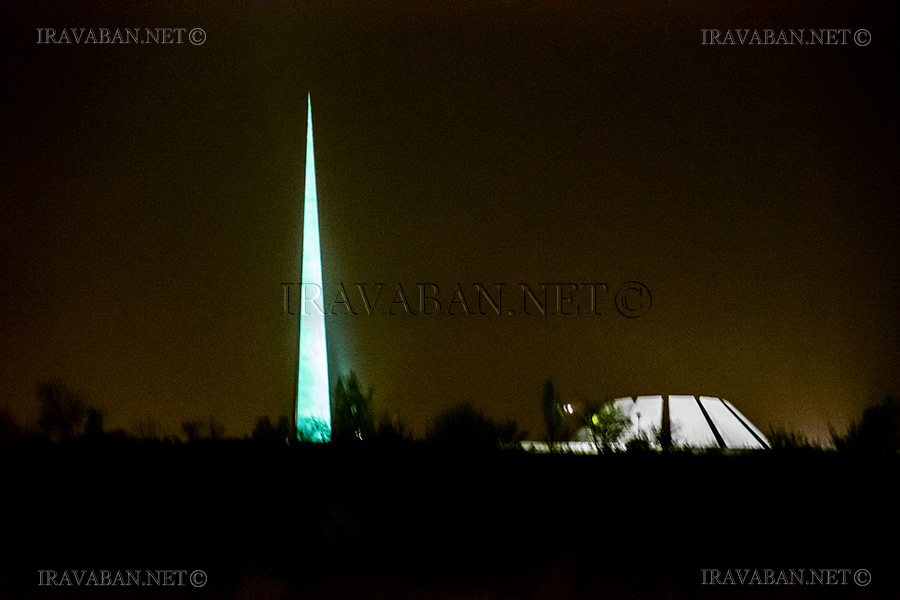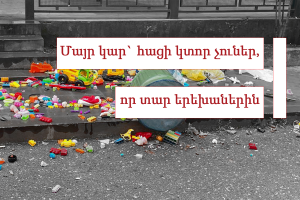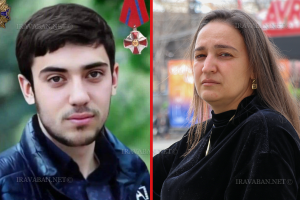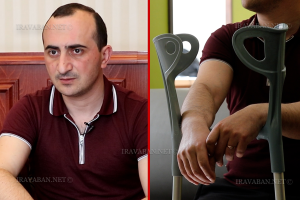The General Assembly of the United Nations (UN) on December 11, 1946 in its 96 (1) resolution announced that according to the International Law, genocide is a crime and contradicts the soul and the goals of the UN and that the civic world condemns it accepting that genocide affected many human losses being sure that there is a need for international cooperation in order to get rid of it.
The Contracting Parties confirm that genocide, whether committed in time of peace or in time of
war, is a crime under international law which they undertake to prevent and to punish.
In the present Convention, genocide means any of the following acts committed with intent to
destroy, in whole or in part, a national, ethnical, racial or religious group, as such:
• (a) Killing members of the group;
• (b) Causing serious bodily or mental harm to members of the group;
• (c) Deliberately inflicting on the group conditions of life calculated to bring about its physical destruction in whole or in part;
• (d) Imposing measures intended to prevent births within the group;
• (e) Forcibly transferring children of the group to another group.
Persons committing genocide or any of the other acts shall be punished, whether they are constitutionally responsible rulers, public officials or private individuals.
Any Contracting Party may call upon the competent organs of the United Nations to take such
action under the Charter of the United Nations as they consider appropriate for the prevention
and suppression of acts of genocide.














